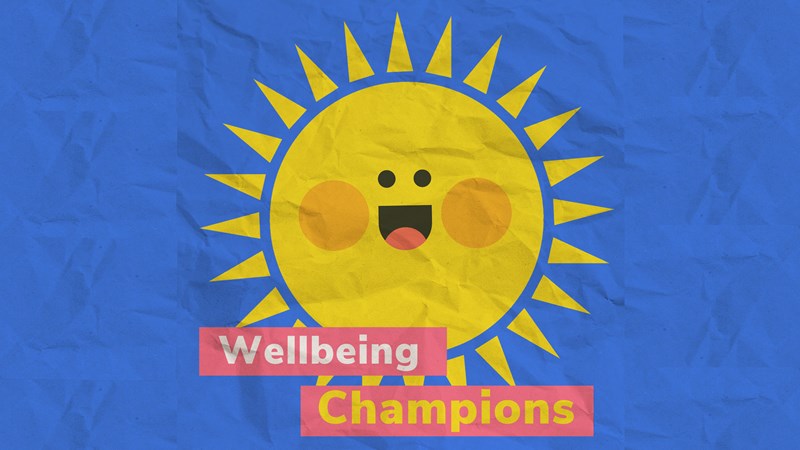
This year’s World Mental Health Day is more important than ever. The past 8 months have presented challenges for everyone: from missing out on important milestones such as prom or graduation to being separated from friends and family for long periods of time, COVID-19 and the national and now local lockdown restrictions have affected all of us.
A recent study published by mental health charity, Mind (2020, The Mental Health Emergency: How has the coronavirus pandemic impacted our mental health?) has reported the following:
- 60% of adults and 68% of young people have said that they have experienced a decline in their mental wellbeing during lockdown
- People with prior experience of mental health problems are increasingly likely to experience a significant decline in their mental health due to ongoing restrictions
- Many people have reported experiencing poor mental health for the first time as a direct result of the coronavirus pandemic
Whilst the restrictions are in place to protect us all and to reduce the threat of the virus, it is important that we do not lose sight of how difficult some of the challenges they present can be. We have all had to adapt to sudden and significant changes in routine; employment-status may have been or continue to be affected and ‘the new normal’ of mask-wearing and hand-sanitising may be creating new anxieties around health and wellbeing.
More concerningly, a vast majority of people surveyed in 2020 by various mental health charities still do not feel comfortable talking about mental health. They would not start a conversation with someone else if they were experiencing a decline in their own mental wellbeing and they would feel uncomfortable asking someone else how they are feeling, even if they were concerned about the persons mental health. When asked why, most respondents felt that there is still a stigma around mental health issues and would be worried about being judged or dismissed.
Scouts are trying to change this. The Scout Association’s ‘Wellbeing Champions’ initiative aims to create 10,000 Wellbeing Champions: people who have committed to help tear down the taboo around mental health and do what they can to boost people’s wellbeing.
Ever heard the phrase, ‘a problem shared is a problem halved? Talking about our mental health, how we are feeling and anything that is worrying us can go a long way towards helping the problem. Even if the problem cannot be solved immediately, having a someone offer an outsiders’ opinion, or some advice may help in the long run. If not, it still means that someone knows that you are facing a challenge at the moment and that you may need some extra support. Even if that support is simply in the form of listening ear, it can help to reduce the loneliness that people experiencing mental health-related issues can feel, especially during the current circumstances when we cannot all physically come together.
Anyone aged 6 and above can become a Wellbeing Champion (although those under 13 may need some support). The programme aims to encourage people to learn more about mental health and what type of things can affect our wellbeing. There are some activities to complete to aid with this and then, to become an official Wellbeing Champion, there is a survey to complete so that the Scout association can find out what you have done to begin breaking the stigma around mental health. (There is a certificate available, too!).
You can find out more about the Wellbeing Champions programme here.
Leaders, this link also contains further support for incorporating discussions around mental wellbeing into your programme.
Beth Ackers
District Mental Health Awareness Co-Ordinator, St Helens












